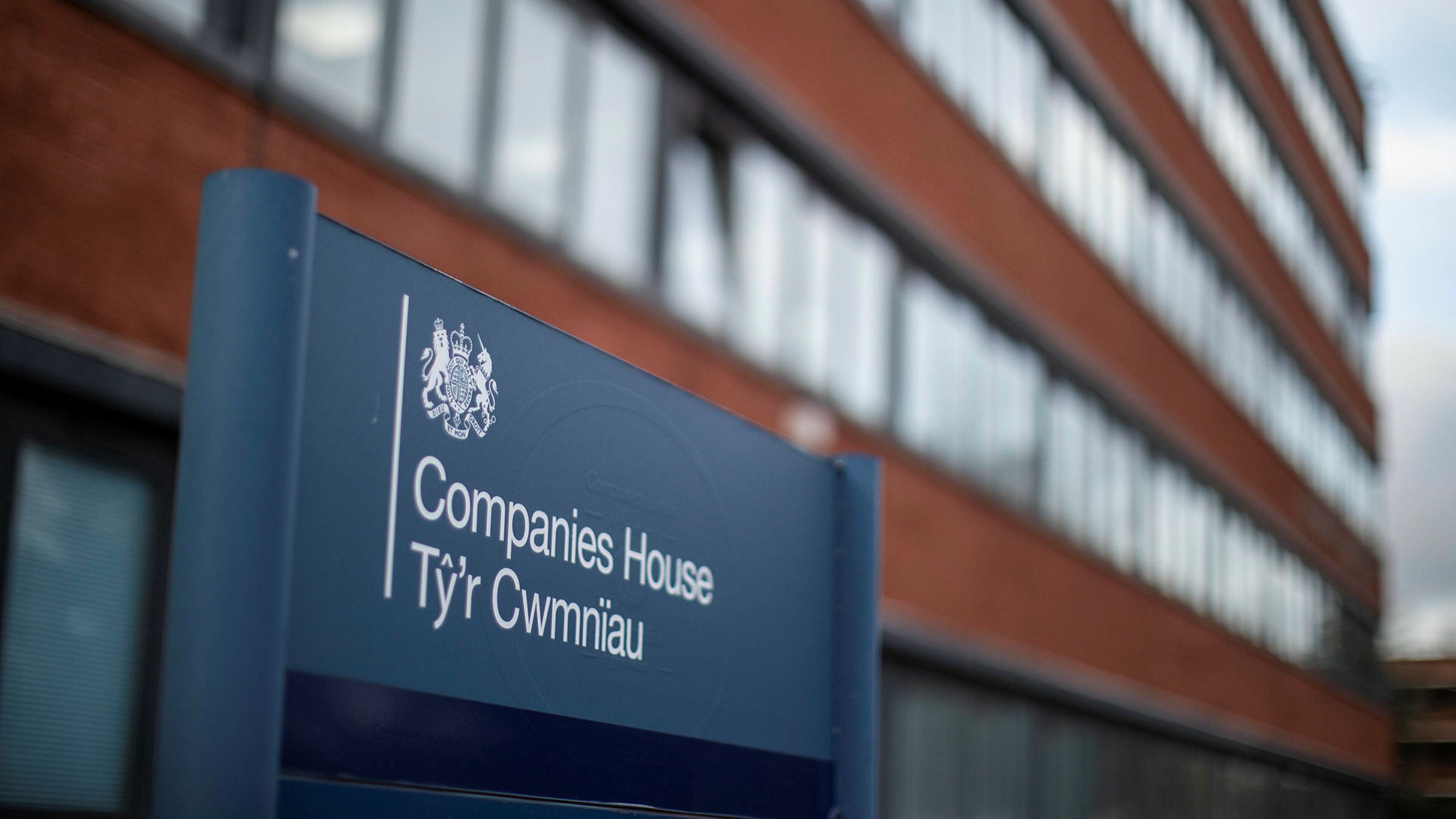COMPANIES HOUSE REFORMS
On 26th October 2023, the Economic Crime and Corporate Transparency Act 2023 (the Act) became law in the UK. The Act represents a major overhaul of the UK government’s framework for tackling financial crime and has brought into force some major changes.
Building on the Economic Crime (Transparency and Enforcement) Act 2022 (the 2022 Act), the Act introduces new powers for Companies House to enhance its role in combatting illicit wealth. A number of provisions of the Act came into force earlier this year in March including:
- Enhanced powers to query information submitted to or already on the Companies House register, and challenge filings where it identifies information that is potentially fraudulent, suspicious or might otherwise impact the integrity of the corporate register or wider business environment.
- A new requirement to submit a registered email address and confirmation that the company has been created for a lawful purpose.
- Information sharing powers to allow the body to proactively share data with law enforcement, regulators and other public authorities.
The Act also introduces increased obligations to verify the identities of people with significant control (PSCs) and other individuals or entities filing on behalf of a company on the register and strengthens the existing offence under Section 1112 of the Companies Act 2006 for companies that deliver false or misleading statements to Companies House.
Verification of Individuals
According to the procedure set out in the new statutory instrument, this status can be obtained via verification either by the registrar of companies, or by an authorised corporate service provider (ACSP). Once verified, each individual will have a unique identifier allocated to them according to this instrument.
The identity verification requirements are intended to improve the reliability of the information on the register and to make it challenging for individuals to create a fictitious identity, or fraudulently use another person’s identity, to set up or run a company.
The existing company registration framework has been left open to abuse as companies and others could falsely register an individual as a director or create fictitious identities for their directors or PSCs. Up until now there have been no restrictions on the ability of third parties to file documents or form companies on behalf of others.
The 2023 Act ensures that all directors, PSCs and those who file documents with the Registrar (excluding employees of ACSPs, or anyone who may fall under an exception provided for in separate regulations) undergoes the identity verification procedure. All agents will have to be registered as an ACSP with the Registrar, and be UK supervised for anti-money laundering purposes to do so.
Notaries will be included in this category of professionals and will be ideally placed to provide reliable and trustworthy identity verification services in the fight against corporate fraud.
When will this come into effect?
It is not clear at this point when the Government will begin the next phase of implementation, but Companies House has indicated an intention for these measures to come into force in full from early 2025.
We will continue to monitor developments and provide further updates so clients can consider how any new changes may affect them. We will ensure that we are ready to assist with the verification process once the final phase has taken place.




